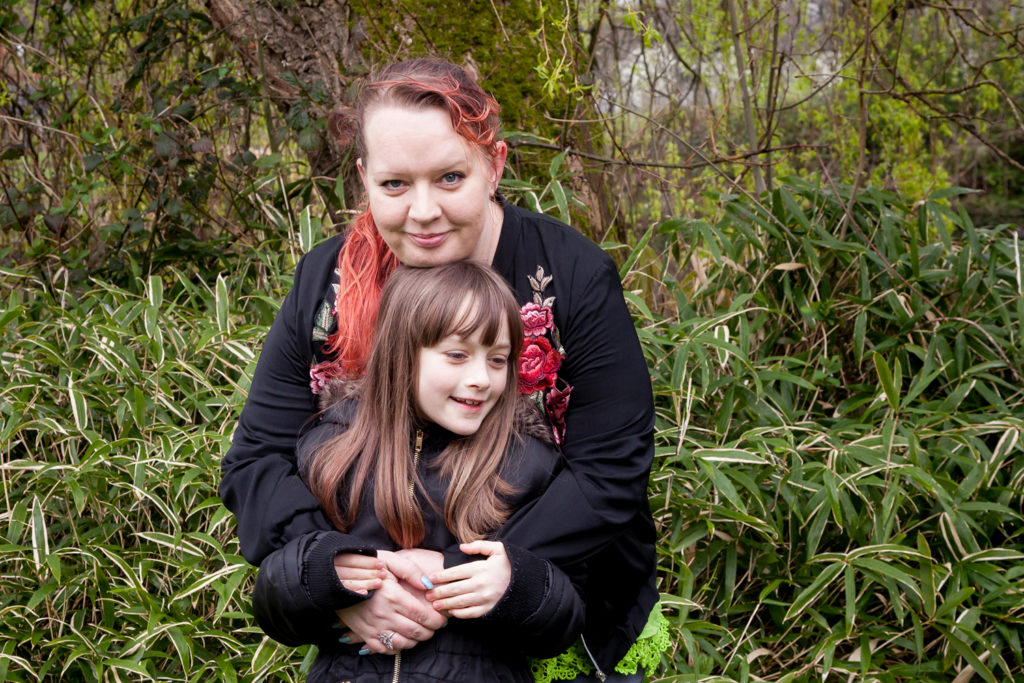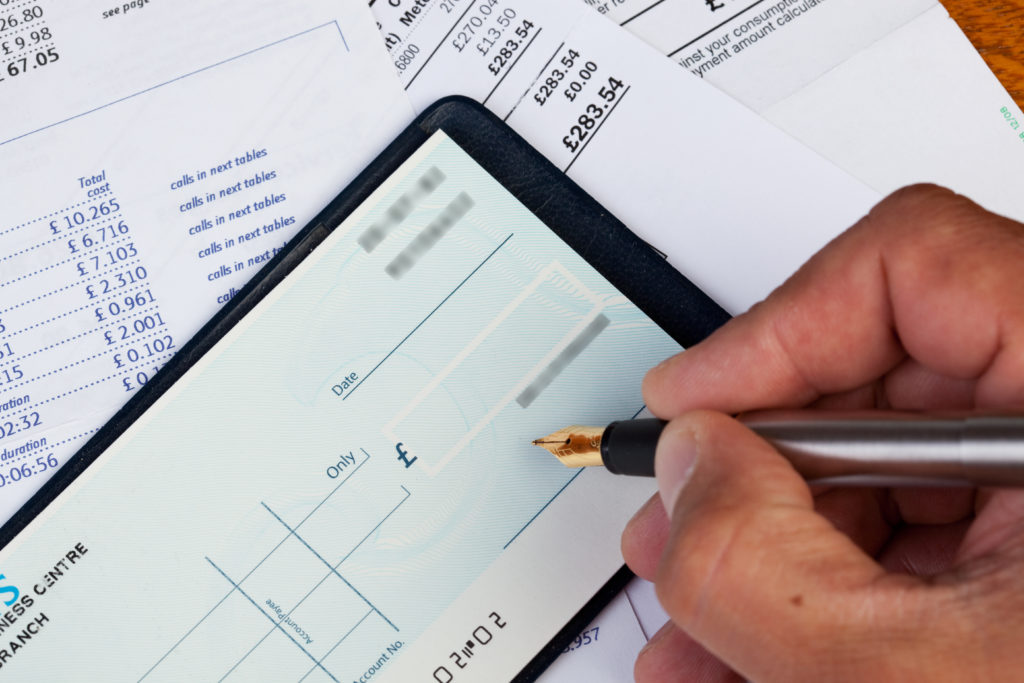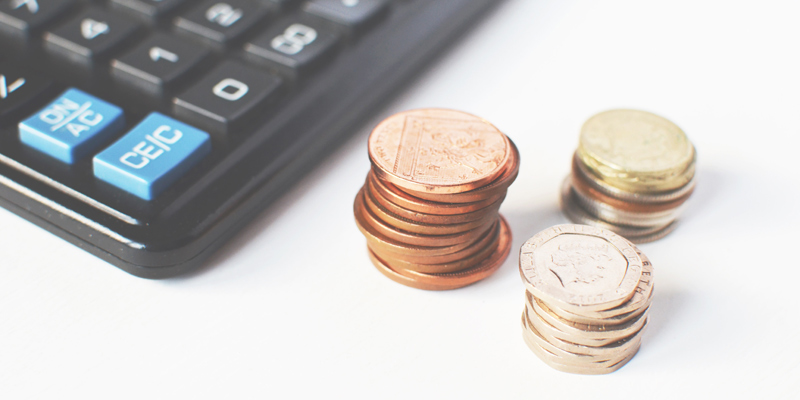DLA and other financial help
6 mins read
This advice applies in England, Northern Ireland and Wales. Read about Child Disability Payment in Scotland.
This page is all about how getting Disability Living Allowance (DLA) for your child impacts other financial help you might be entitled to.
In this article
My child gets DLA – what else am I entitled to?
Getting DLA can lead to an increase in other benefits you receive. It can also help you qualify for entitlements for the first time. And getting an increased rate of your child’s DLA award can also make a difference.
Getting DLA can mean you’re eligible for other forms of financial support, aside from benefits.
DLA & Carer’s Allowance
If your child gets the middle or the highest rate of the DLA care component, the benefits system might start to treat you as a carer.
This means you may be able to claim Carer’s Allowance as your child’s carer. If you are getting Universal Credit, you can become exempt from having to take any steps to look for work as a condition of your claim. You may also be able to access an extra Universal Credit payment known as the carer element.
Carer’s Allowance can be backdated in line with the DLA award, as long as you apply within three months of getting the DLA decision. If you apply later, Carer’s Allowance can only be backdated for three months.
DLA & extra Universal Credit payments
If your family gets Universal Credit, you’ll get extra payments for a child who gets DLA – known as the disabled child addition. This also applies for a child whose existing DLA award increases to the highest rate of the care component.
Your payments will normally increase by anything from £158.76 to £495.87 a month. This depends on the rate of DLA your child gets. See our Universal Credit webpage for more information on eligibility and payment rates.
The situation is more complex if you get a Universal Credit transitional element. This is because the award of a new disabled child addition, or an increase in the amount of your disabled child addition, will lead to a reduction in the amount of your transitional element.
Backdating these payments
It can take several months to get a decision on your child’s DLA claim. Normally, once you get a decision awarding your child DLA, it is backdated to the date that you lodged the claim. The extra Universal Credit payments you get for your disabled child will also be backdated in line with the DLA award, so either:
- The date your Universal Credit claim started.
- The date your child’s DLA award started.
This applies even if there was a delay in telling Universal Credit that your child is on DLA. If the Universal Credit office challenges this, read our webpage for advice.
Child Tax Credit payments
Child Tax Credit claimants also received extra payments if their child got DLA. All tax credit claimants have now been moved onto Universal Credit as part of the managed migration process. Ongoing tax credit payments have now ended.
If you moved from Child Tax Credit to Universal Credit, and your child’s DLA award has been backdated to a date when you were still on Child Tax Credit, you will need to tell both Universal Credit and the Tax Credits Office about the DLA award. You can still receive a backdated payment from Child Tax Credit too – but only if you tell them within one month.
Arrears of the disabled child addition paid as part of your Universal Credit should automatically be backdated to the start of your Universal Credit claim. However, Child Tax Credit will only pay you arrears of the disabled child element (an extra amount of tax credits for having a child who gets a qualifying disability benefit such as DLA), if you tell them about your DLA award within one month of the date on your DLA decision letter.
You can still contact the Tax Credit helpline to report a change that affects your previous tax credit award, such as a backdated decision, either awarding DLA or increasing DLA to the highest rate of personal care. The helpline number is 0345 300 3900. However, if you delay in telling the Tax Credits Office, you won’t get the extra tax credits backdated.
DLA & Income Support
Some families who claimed Income Support before the introduction of tax credits still get extra payments for their children in their Income Support although the majority of these families will now have migrated to Universal Credit.
For these families, getting DLA will lead to getting extra money in Income Support. This is the disabled child premium (and an enhanced disability premium if your child gets the highest rate of the care component).
You will need to let the office dealing with the Income Support claim know about the DLA award.
Help with rent and council tax
If you get Universal Credit towards rent, Housing Benefit or support with council tax, getting DLA for your child may lead to extra benefit if you are not already getting your rent and council tax met in full.
If:
- Your disabled child cannot share a bedroom.
- Because of this, the bedroom tax or local housing allowance rules reduce your Housing Benefit.
Then getting DLA care component at the middle or highest rate for them may help you get more Housing Benefit. Or you may get more help with rent from Universal Credit if you are a tenant. Call our freephone helpline for further advice.
Universal Credit, Housing Benefit and support with council tax are means-tested. Any award will depend on your income and circumstances.
There are also other ways of getting help with council tax that don’t depend on income or savings, but do depend on there being a disabled occupant within your household.
Exemption from the ‘benefit cap’
If you have a dependent child (a child aged under 16, or aged 16-19 if part of your family for benefit claims) who gets DLA, you will be exempt from the ‘benefit cap’.
The benefit cap restricts the total amount of benefit payments that an out-of-work family can receive.
Help with transport and getting around
You might qualify for the Blue Badge disabled parking scheme.
You could also get help getting a car via the Motability scheme, paying road tax and discounts on public transport.
See our page on transport and leisure discounts for more information.
Free childcare hours for two-year-olds in England
If you live in England and have a two-year-old who gets DLA, this should mean they qualify for 15 hours a week of free early years education and childcare.
See gov.uk for more details.
More DLA advice
Claiming DLA higher rate mobility
Tips on completing the DLA form
Payment of DLA for a child in hospital
Related information

Carer’s Allowance
Carer's Allowance is the main benefit for carers who provide at least 35 hours of care per week.
Read more
Help with household bills
There are a number of schemes and grants to help you with water, fuel and other utility bills as a result of…
Read more
Grants, loans, savings & local authority schemes
Information about charity grants you might be able to apply for, local welfare schemes and budgeting loans/advances.
Read more